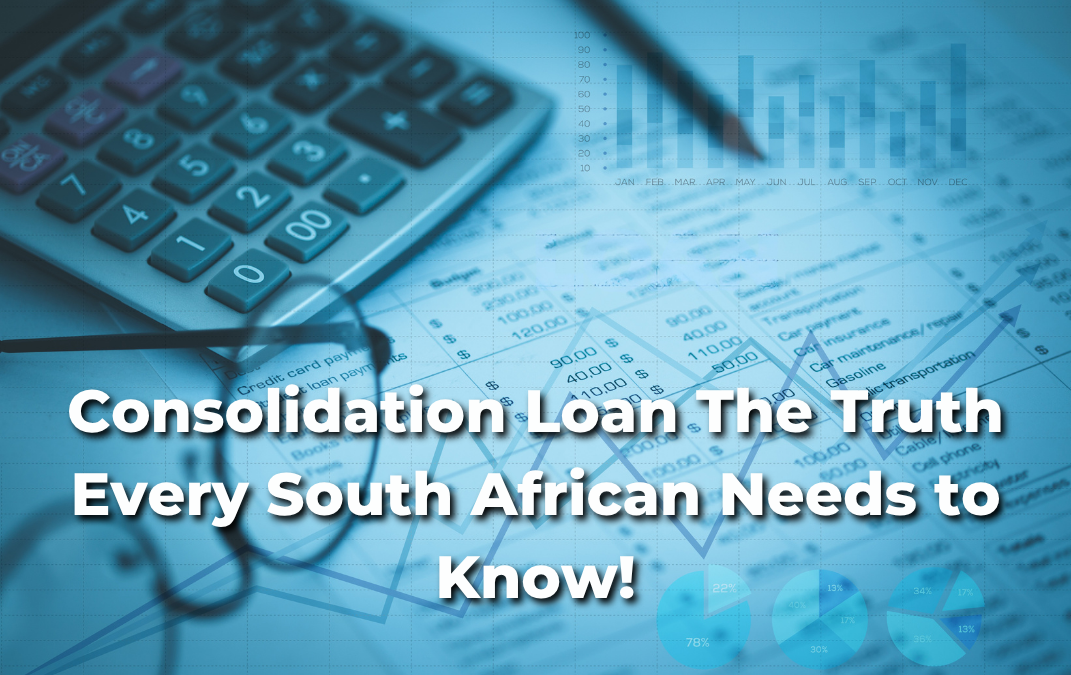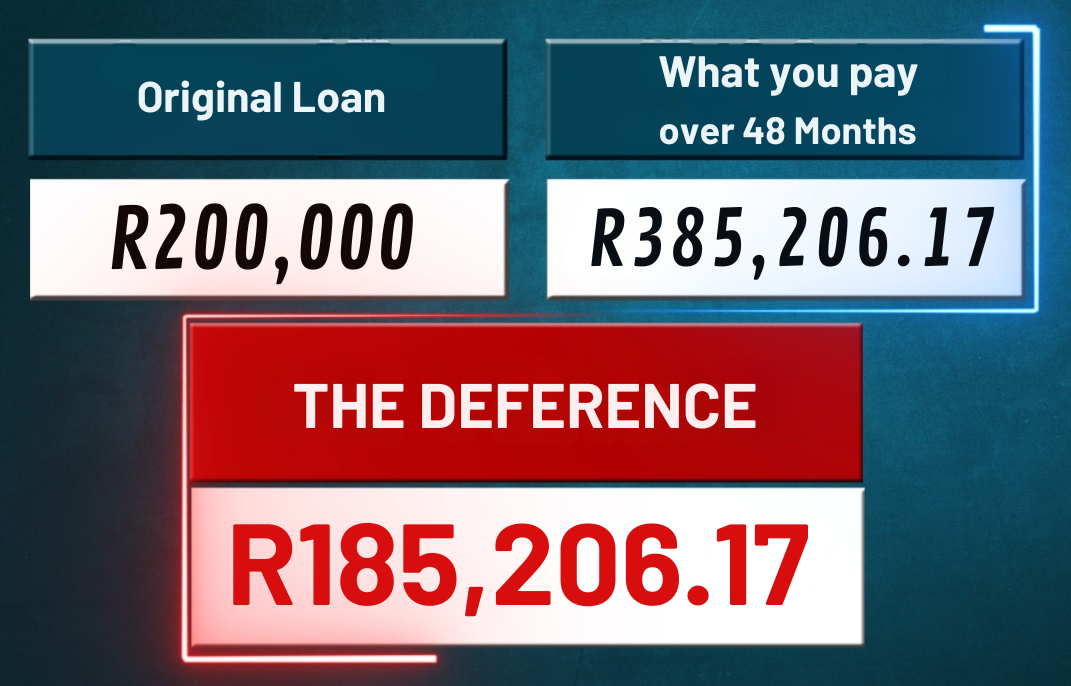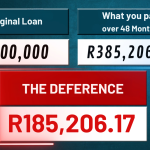One loan to pay off all your debt—sounds like a dream, right? 🎯 But is it really the financial lifesaver it promises to be?
Before you jump into a debt consolidation loan, let’s break down the reality behind the marketing promises. What sounds convenient isn’t always the best move for your wallet, and in South Africa’s lending landscape, the truth might surprise you.
What Is a Debt Consolidation Loan?
A debt consolidation loan combines multiple debts into one single loan, often marketed as a way to simplify payments and reduce monthly financial strain. Many South Africans consider it when juggling a personal loan, credit card debt, and an overdraft. The appeal is obvious: one payment, one interest rate, one lender to deal with.
But here’s where things get complicated—and potentially expensive.
The Hidden Truth: Interest Rate Reality Check
Most people don’t realize that consolidation loans can actually increase your interest costs significantly. Here’s why:
In South Africa, credit cards and overdrafts are capped at 21.25% interest by regulation. This maximum rate exists to protect consumers from excessive charges.
However, consolidation loans can legally charge up to 28.25% interest—that’s a 7% jump that could cost you thousands of rands more per year.
Case Study: The Real Cost of Consolidation
Let’s examine a typical scenario with real numbers:
Your Current Debts:
· R100,000 on a personal loan
· R100,000 on a credit card (21.25% interest)
· R100,000 on an overdraft (21.25% interest)
· Total debt: R300,000
If you consolidate just the R200,000 from your credit card and overdraft into a consolidation loan at 28.25%:
The shocking reality:
· You’ll pay R1,166 more in interest in the first month alone
· That extra 7% interest per annum on R200,000 equals R14,000 more per year
· Over the life of the loan, this could cost you tens of thousands of additional rands
The Extended Payment Trap
To make consolidation loans appear “affordable,” lenders often employ another costly strategy: extending your repayment period by 12, 24, or even 36 additional months.
What this means for you:
· Your monthly installment might decrease (making it seem like a good deal)
· Your total repayment amount increases dramatically
· You’ll be in debt for years longer than necessary
· This might be the last loan you qualify for until it’s fully repaid, limiting your future borrowing power
When Consolidation Might Actually Help
Consolidation loans aren’t always a trap—they can be beneficial in specific situations:
Consider consolidation when:
· You’re consolidating higher-interest debt (like store cards charging 25%+)
· You’re struggling with multiple payment dates and want to simplify
· You can secure a consolidation loan at a lower rate than your current average
· You have the discipline not to rack up new debt on cleared credit facilities
Before You Sign: Your Consolidation Checklist
✅ Do the math completely
· Calculate total interest costs, not just monthly savings
· Include all fees and charges in your comparison
· Consider the total amount you’ll pay over the loan’s lifetime
✅ Compare interest rates carefully
· Is the consolidation rate higher than your current debts?
· What’s the difference in total interest payments?
· Are there any promotional rates that will increase later?
✅ Examine the repayment terms
· How long will you be repaying?
· Extended terms usually mean more money out of your pocket
· Will this affect your ability to get credit in the future?
✅ Consider alternatives
· Can you negotiate better terms with current lenders?
· Would a debt review or counseling be more appropriate?
· Are there other debt management strategies to explore?
Smart Alternatives to Consider
Debt Review: A formal process that can reduce your monthly payments without taking on new debt.
Payment Prioritization: Focus on paying off high-interest debts first while maintaining minimums on others.
Negotiate with Current Lenders: Many lenders will consider payment arrangements or interest rate reductions for customers in good faith.
Credit Counseling: Professional guidance can help you create a sustainable debt management plan.
The Bottom Line: Making the Right Financial Decision
A consolidation loan isn’t automatically a smart move or a money trap—it depends entirely on your specific situation and the terms you’re offered. The key is understanding the true cost and long-term implications before making your decision.
Remember: Lower monthly payments don’t always mean you’re saving money. Often, they mean you’re paying more over time.
Need Expert Help Managing Your Debt?
Don’t let debt overwhelm you or make costly financial decisions in isolation. If you’re struggling to manage multiple debts, exploring all your options with professional guidance is crucial.
Speak to a certified credit expert today and get personalized advice tailored to your financial situation. Understanding your options now could save you thousands of rands and years of unnecessary debt burden.
Your financial future is too important to leave to guesswork—make informed decisions that truly serve your long-term interests.
—
This article is for informational purposes only and should not be considered personal financial advice. Always consult with a qualified financial advisor before making significant financial decisions.
The Shocking Truth About Your R200,000 Loan: Hidden Costs You MUST Know
Are you considering taking out an unsecured loan of R200,000?…






